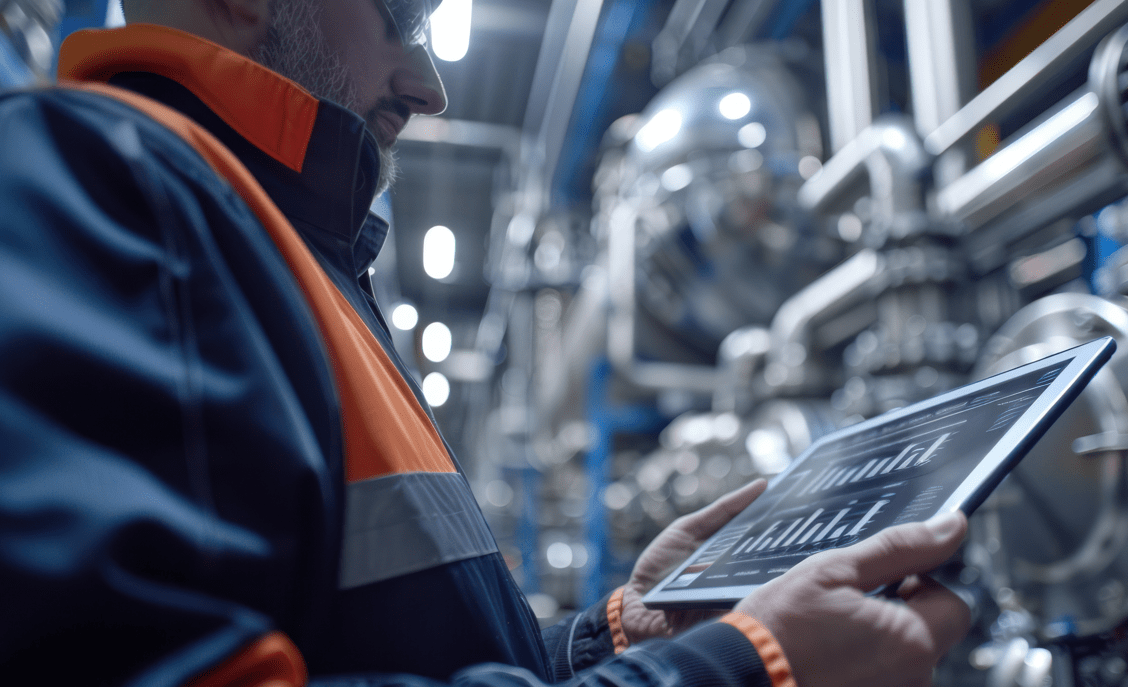The industrial pipe manufacturing sector has seen significant innovations in recent years, driven by the demand for improved efficiency, durability, and sustainability. Here are some key advancements:

The industrial pipe manufacturing sector has seen significant innovations in recent years, driven by the demand for improved efficiency, durability, and sustainability. Here are some key advancements:
Additive manufacturing, or 3D printing, is revolutionizing pipe production by enabling the creation of complex designs that traditional methods cannot achieve. This technology reduces material waste and production time, allowing for customized components in industries like oil and gas and aerospace.
Automation and robotics are enhancing production efficiency and accuracy. Automated systems streamline tasks such as welding and cutting, while robotics minimize human error. The integration of Industry 4.0 principles allows for real-time monitoring, optimizing operations, and addressing issues promptly.
Composite materials are becoming popular due to their strength, lightweight nature, and corrosion resistance. Used in water management and chemical processing, these materials offer longer service life and lower maintenance costs compared to traditional metals.
High-performance alloys, like nickel-based and titanium alloys, are increasingly used in extreme environments. Their superior properties reduce the risk of failure, making them ideal for demanding applications in sectors such as aerospace and petrochemicals.
The industry is shifting towards sustainable practices, including the use of recycled materials and bio-based polymers. This transition helps reduce carbon footprints and promotes a circular economy.
Manufacturers are adopting energy-efficient practices to lower costs and minimize environmental impact. Techniques like lean manufacturing and renewable energy usage are becoming standard.
Smart inspection technologies, including non-destructive testing and advanced imaging, enhance quality control by identifying defects in real time, ensuring reliability.
Digital tracking systems improve traceability and documentation, helping manufacturers comply with regulations and maintain safety standards.
The industrial pipe manufacturing sector is witnessing significant innovations that enhance efficiency, sustainability, and product reliability. As technology and materials continue to evolve, the future of the industry promises improved performance and reduced environmental impact.








